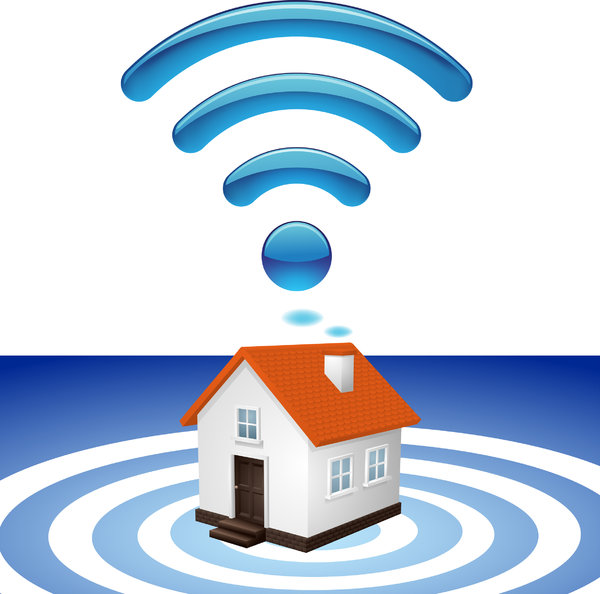Inequity in the Online Classroom
Governors across the nation are closing schools, both indefinitely or permanently for the 2019-2020 school year. While these hubs of learning may no longer operate, students must continue to ascertain knowledge to progress through the American education system that shapes many of our lives. I am not talking about undergraduate universities or abroad programs—but primary and secondary schools.
Sometimes, as college students, we forget that we aren’t the only group of students feeling the impact of COVID-19.
The precipice of online learning has led internet providers across the nation to provide free service for a limited time and wireless carriers to give subscribers access to more data per month at no cost. While these measures seemingly reprise the commercials telling us, “We’re all in this together,” they do not provide the necessary amount of assistance to those in need. Yes, individuals without internet access, whether due to choice or due to financial hardship, benefit from these deals provided by large corporations. At first, my heart leaped with joy at the thought of CEOs thinking of those in need, but then I arrived home to meet my family in Pennsylvania.
My mother is a primary school teacher working in an inner-city school district with 89.1 percent of families designated as low-income, and 100 percent receiving free- or reduced-price lunches. She was not as thrilled as I was about the news of bringing free internet to the masses. Why does she think this, you may ask?
What benefit does the internet provide if you do not have the means to utilize it?
According to the 2018 American Community Survey, approximately 8 percent of households in the United States do not have access to a device that can connect to the internet. Of the remaining 92 percent of households, many may only have access to a single device. If that device belongs to a parent with an “essential” job, it likely leaves home when the parent goes to work.
The problem here is apparent—how can we expect students to transition to online learning if the possibility of “going online” does not exist? When my mother spoke to her students’ families, several of them informed her that they only had one device for their entire household—a smartphone. Her students may not be able to keep up with the critical skills provided through our education system to the inability to access materials.
But the problem does not stop there. I would like to paint a picture for you all—one that may likely not apply to you, but that my mother knows all too well.
You are a fifth-grade student at an underfunded, public elementary school with two younger elementary-aged children living in a single-parent household. Your school provides neither you nor your siblings with a personal Google Chromebook, and you don’t have a computer at home. Your parent has a smartphone, but they work at the local supermarket and bring it to work with them. A few weeks ago, your school was closed due to COVID-19, and your teachers want you and your siblings to continue learning online. At the same time, however, your parent must still work at their minimum wage job that is deemed “essential.” While your parent is away, you now feed, entertain and supervise your two younger siblings.
You don’t have access to the internet, but does that really matter? Most of your time is spent as a caregiver. The thought of school has not even crossed your mind.
The child described above will likely fall behind in their curriculum but will be pushed into the sixth grade next year anyway. The National Center for Education Statistics reports that as of 2016, only 1.9 percent of students repeat the same grade. While they don’t provide reasoning, I would assume school systems, especially those experiencing overcrowding, do not want to pool students in one grade level due to an increase in class sizes.
While we, as college students, may complain about our temporary status as online-learners (or students of “ZoomU”), we cannot forget the privilege we have. Some students cannot learn online, either due to the reasons outlined here or otherwise. In times where we lament the opportunities provided by one-on-one interactions with college professors, we must remind ourselves of our privilege and try and be grateful for the knowledge we continue to gain.













Jacqueline Meyer • Apr 16, 2020 at 5:16 am
This is excellent! Where can we donate computers! Ipads!
Maura • Apr 11, 2020 at 6:11 pm
This was a very well written article. I like how you described what is likely going on in may low income homes.